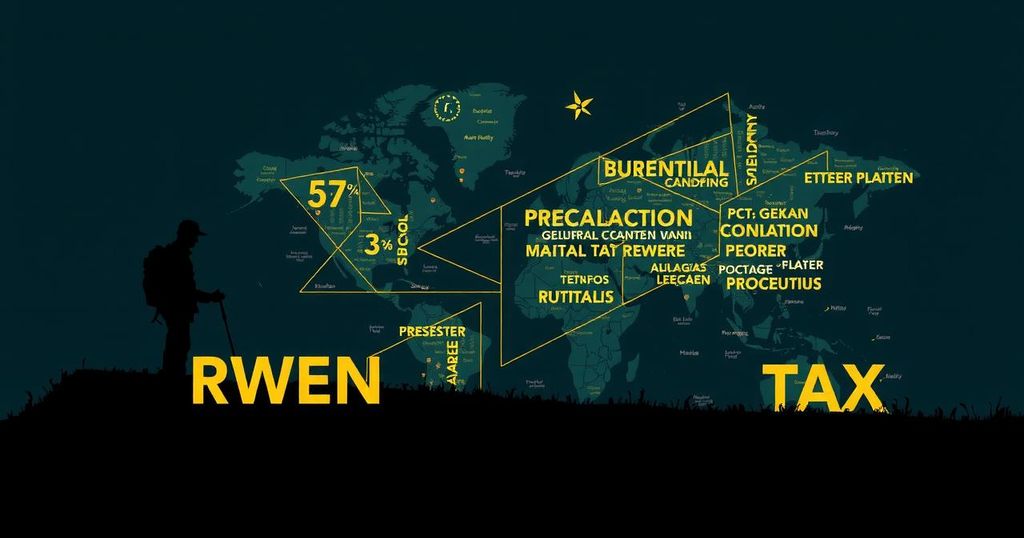Summary
Indian technology firms face increased GST scrutiny as they expand into smaller cities, leading to a surge in tax notices. Despite the relatively low penalties for these well-capitalized companies, many are poised to contest the legality of such notices. Experts indicate that this trend reflects the challenges of compliance amidst the evolving landscape of tax regulations in India.
India’s leading technology firms are currently navigating a series of GST (Goods and Services Tax) notices as a result of their recent expansion into smaller cities. While the fiscal penalties arising from these notices may appear minor—ranging from a few thousand to several crores of rupees—such amounts are negligible for these financially robust corporations. Nevertheless, most IT firms have indicated their intention to challenge these notices. According to tax experts, this uptick in GST scrutiny is also attributed to the rapid expansion of IT service companies into tier-2 and tier-3 cities, a trend that has gained momentum since the onset of the COVID-19 pandemic. The surge in GST notices follows a significant case where India’s second-largest IT firm was flagged for allegedly evading GST payments amounting to ₹32,403 crore for services rendered through its overseas branches. Experts highlight that as companies expand operations across different states, the complexity of compliance increases, necessitating registrations for GST in each jurisdiction where they operate. Tax authorities have stipulated deadlines for issuing notices and scrutinizing returns, which are perceived as informal claims for tax amounts, including penalties and interest due to discrepancies found in returns. Parag Mehta, a partner at N.A. Shah Associates LLP, stated, “Under GST all companies need to take registration in each state from where they operate.” He further noted that the looming deadline of August 31, 2024, for addressing notices related to the fiscal year 2019-20 has resulted in a surge of reporting of such orders by public listed IT companies. Brijesh Kothary, a partner at Khaitan & Co, anticipates a continued increase in tax demands for fiscal year 2020-21 as the November 30, 2024, deadline approaches. Moreover, differing interpretations of tax provisions between state tax authorities—who have transitioned from previous commercial tax frameworks—and central authorities may lead to inconsistent applications of the law across locations. Kothary emphasized that firms in jurisdictions with few large companies may face a greater risk of audit. “If the number of assessees in a particular state is low, the likelihood of large firms being audited in that state increases”, he articulated. He also remarked on the implications of litigation costs for IT firms, noting that they typically follow an established litigation policy regardless of the size of tax demands.
The issue surrounding GST notices for tech companies arises as these firms expand their operational bases into smaller cities across India. Historically, such expansions were at a slower pace, but the COVID-19 pandemic catalyzed a rapid diversification into lesser-known locales. As a result, firms now face a complex landscape of tax compliance that varies significantly by region. The relationships between local tax authorities, state regulations, and the central tax framework further complicate the environment, leading to increased scrutiny and potential legal battles stemming from tax notices issued by authorities.
In summary, Indian IT companies are encountering a growing number of GST notices as they expand into smaller cities, resulting in increased auditing and compliance challenges. Despite the relatively minor penalties involved for these wealthy firms, the legal battles are anticipated to escalate as deadlines draw nearer. Expert opinions suggest the need for strategic litigation and compliance planning to navigate the complexities of the Indian GST landscape, particularly as localized interpretations of tax laws may vary widely.
Original Source: m.economictimes.com

Leave a Reply